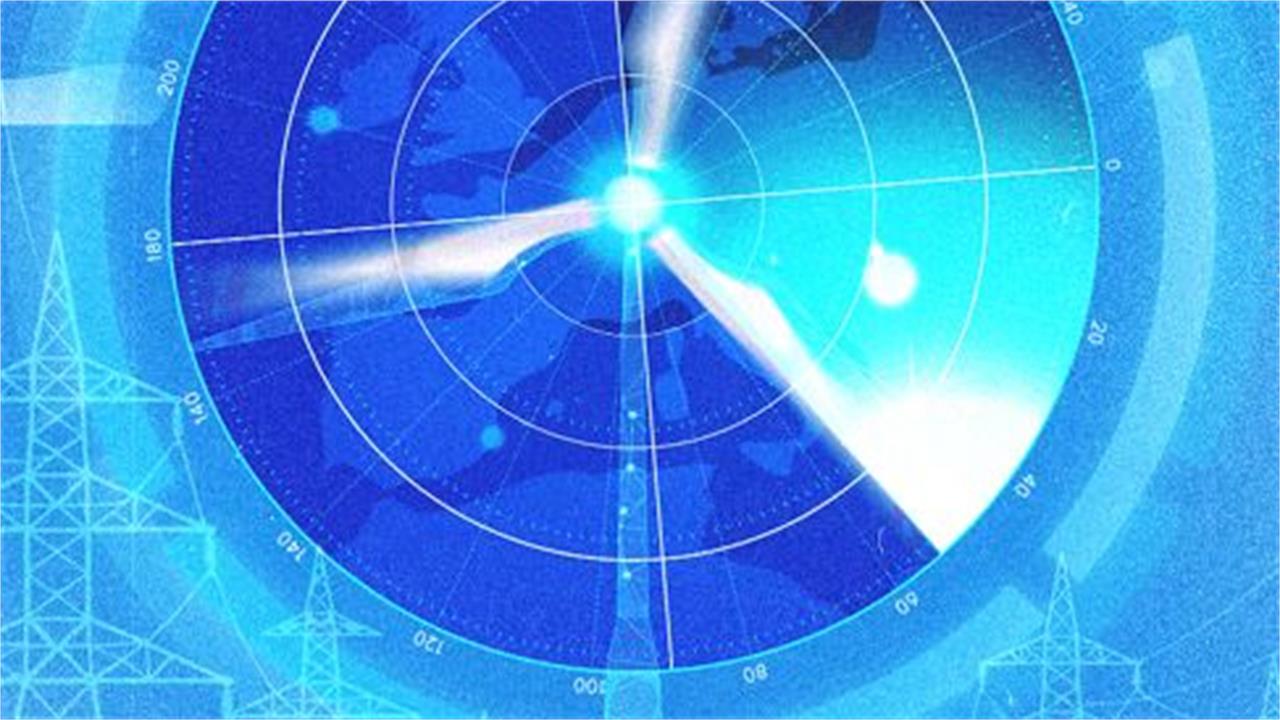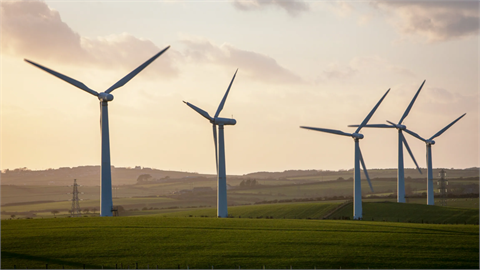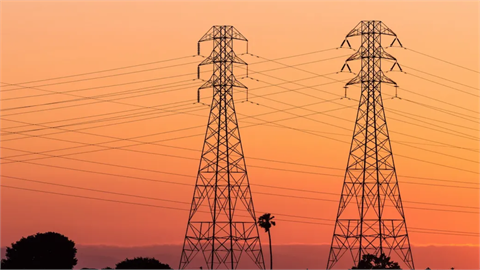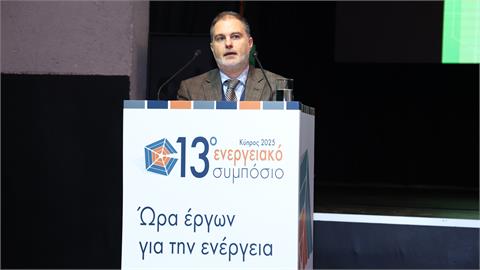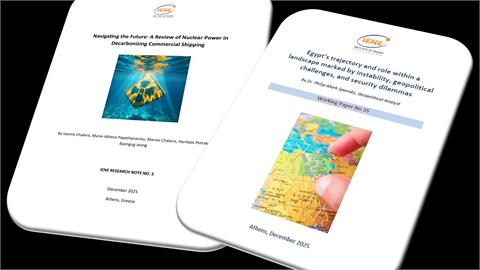As concerns daily mount over the global economy in view of sustained warfare in Ukraine and the Middle East,not to mention Africa, and lately on account of the world trade upheaval, so is anxiety over the provision of adequate and uninterrupted energy supplies. As a latest Report by the European Academies Science Advisory Council ( EASAC) points out, “Europeans expect a secure energy system, with uninterrupted access to affordable energy supplies, but the energy transition and growing geopolitical volatility are introducing new security challenges. For more than 25 years, the European Union (EU) has developed policies to enhance energy security, and it must continue adapting to an evolving energy security landscape.”
According to the EASAC report, “global geopolitics has become more volatile, Russia has invaded Ukraine, war has broken out in the Middle East, gas supplies to the EU have been weaponised, undersea gas pipelines and electricity and communication cables to EU countries have been sabotaged, and the number of cyber-attacks in Europe has been growing rapidly. In response to the invasion, the EU has imposed sanctions on Russia, stopped imports of Russian oil, and substantially cut its imports of Russian pipeline gas. Russia’s actions led to gas and electricity becoming more expensive in the EU, and therefore to rising costs of products manufactured in the EU, and reduced EU competitiveness in global markets. New challenges are also emerging from geopolitical developments pertaining to China and the USA.”
Furthermore, EASAC points out that to make gas and electricity more affordable for households and industry, temporary interventions were made in EU energy markets (e.g. price caps), energy efficiency was made a key policy priority, and a platform for diversification of fuel suppliers and coordination of fuel purchasing was established. This platform contributed to a substantial increase in EU imports of liquefied natural gas, for which new floating regasification plants were quickly installed in several EU Member States. A significant part of the increased supply of liquefied natural gas to the EU still came from Russia, but a larger part came from the USA, which has introduced new energy security risks because the USA is becoming an increasingly volatile trading partner.
As EASAC President, Professor Wim van Saarloos, observes, “recent geopolitical events make it clear that our security depends on more than just defence and diplomatic strategies. It is at least as clearly linked to our energy supply. Energy is the heart of our society, the key to our welfare. Since Russia’s war on Ukraine, the reduction in gas supplies in times of crisis has exposed Europe’s vulnerability. Autocratic regimes use energy dependence as a means of exerting pressure. Cyber-attacks and acts of sabotage are on the rise. Pipelines, power grids, and liquefied natural gas terminals are potential targets.”
“These threats emphasise the need to strategically realign Europe’s energy supply. Recent geopolitical developments also make it clear that Europe should strive for energy independence as much as possible. A diversified and resilient energy policy is not only an economic necessity, but a security priority. The expansion of domestic sustainable energies is crucial not only in economic and climate terms, but also to keep Europeans safe.”
“This report by a group of experts nominated by EASAC’s member academies is intended to contribute to supporting this change with facts, analyses, and recommendations for action. It suggests that to think that energy security is about imports of gas and oil is outdated. It is wise, in the short term, to diversify fossil fuel supplies and store enough fossil fuels over the year to avoid blackouts and cold homes in the winter months. However, at the same time, Europe must transition away from fossil fuel imports and accelerate the transition to sustainable energy supplies.”
A major conclusion of the EASAC Report is that sustainable energy makes us less vulnerable to malicious attacks or geopolitical interventions that cause damage to energy supply chains, commerce or trade. It does not create dependencies on third countries for costly fuel imports that impact negatively on Europe’s balance of payments but can be supplied using technologies that are made in Europe, thereby creating jobs and mobilising investments in Europe.
As the title of the EASAC report predisposes, the key to improving energy security lies in the adoption of sustainable energy supplies, ie.renewables and other clean forms such as nuclear and natural gas. According to EASAC evidence shows that investing in sustainable energies increases security and is a clear no-regret option.
Contributors to the EASAC report, apart from the Director of the EASAC Energy Programme, Dr.William Gillett, who was the driving force throughout the 14 months that it took to prepare it, and he is to be highly commented for bringing to successful conclusion a most challenging task, were the 26 members of the Working Group. These were nominated by the various Academies in each one of the European countries involved. Two of the members of this Working Group, Prof.Ionut Purica and Costis Stambolis,who are both IENE partners, were nominated by the Romanian Academy and the Academy of Athens respectively.
The full EASAC report may be found by accessing the following link (https://easac.eu/fileadmin/user_upload/EASAC_SoSES_final_310325.pdf )
